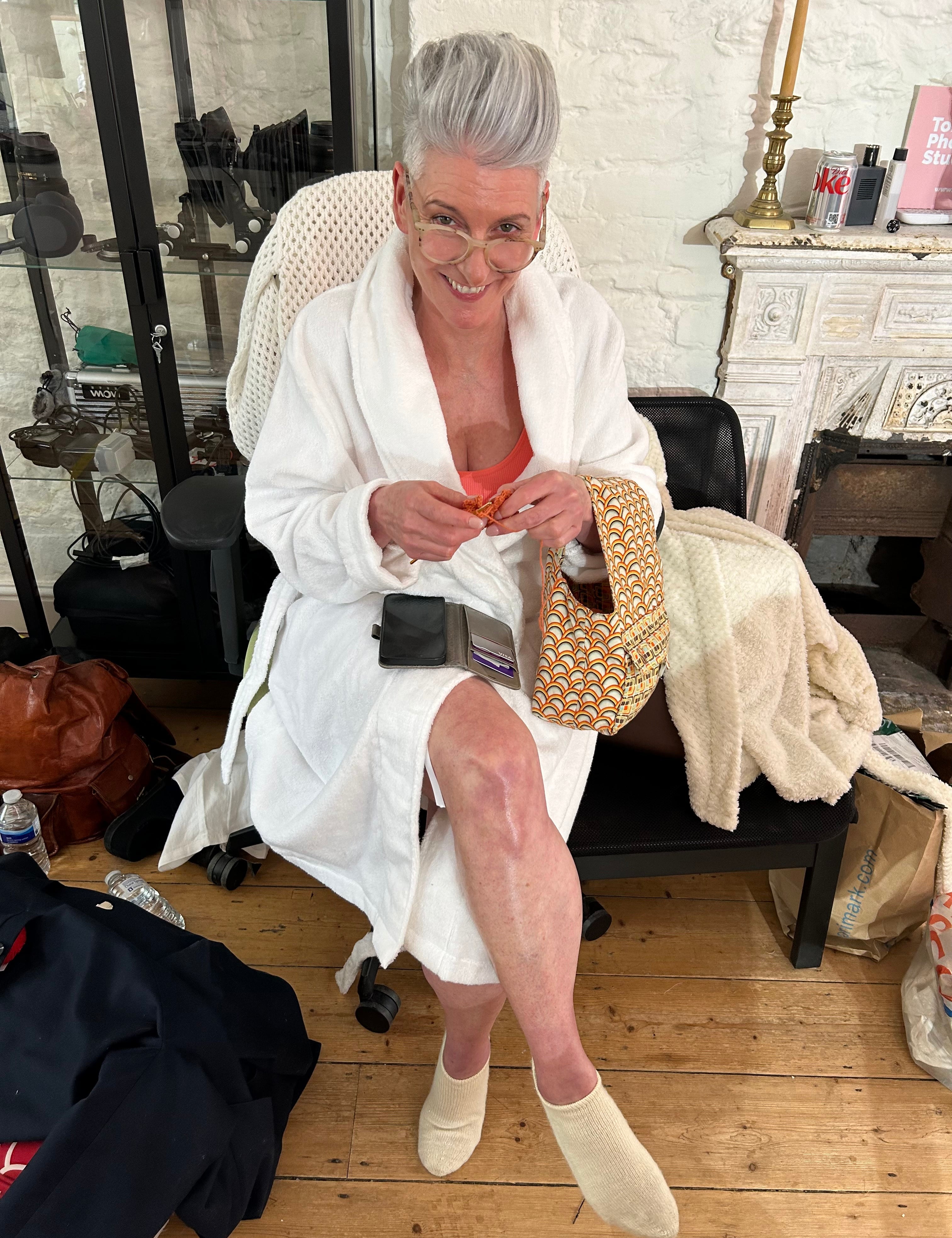Symptoms of Menopause: Answering your most frequently asked questions

Menopause, a natural phase in every woman's life, brings with it a variety of symptoms that can impact your daily life. Here, we look into some of the most frequently asked questions surrounding menopause symptoms to help provide some insight and guidance for your own personal journey. Keep reading to learn more about the most commonly asked menopause questions (you may find you have the same ones)...
How long do menopause symptoms last? Menopause symptoms can vary in duration for each individual, but on average, they can persist for several years. The duration of symptoms is influenced by factors such as genetics, overall health, and lifestyle choices such as diet and exercise.
How to reduce menopause symptoms? While menopause symptoms cannot be entirely avoided, certain lifestyle changes and treatments can help alleviate some of their effects and severity. There are a variety of options available, including hormone therapy, dietary modifications, regular exercise, stress management techniques, and adequate sleep. There are also a variety of products designed to help alleviate the symptoms of menopause, such as cooling sprays [link] for hot flushes and targeted menopausal skincare [link] to help reduce the appearance of skin changes and replenish nutrient and moisture-depleted skin. As each women’s menopausal experience is so unique, it’s important to always consult a medical professional to get the best advice on which treatments and lifestyle changes are best suited to your personal needs.
When do menopause symptoms start? A frequently asked menopause symptom question is when to symptoms begin. Menopause symptoms typically begin during perimenopause, the stage leading up to menopause when hormone levels start to fluctuate but your periods have not yet stopped. Perimenopause can start in a woman's 40s, although it can vary widely among individuals. Premature menopause is when someone’s symptoms begin before the age of 40 and this condition can be triggered by various factors including genetics, autoimmune disorders, medical treatments such as chemotherapy or a hysterectomy.
When are menopause symptoms the worst? Menopause symptoms can be particularly intense during perimenopause when hormonal fluctuations are at their peak. Some symptoms such as hot flushes and night sweats may become more intense during this time. Mood swings, brain fog and memory loss are also commonly reported symptoms experienced during perimenopause. Some symptoms, such as hot flushes and sweats can also worsen at night. This is due to changes in hormone levels and body temperatures during the night which can lead to disruption in sleep patterns and exhaustion. Our The Solution Menopause Hydrating Cooling Mist and Cooling Body Moisturiser are great at aiding hot flushes.
Will menopause symptoms ever end? Do not fear! Whilst menopause symptoms may persist for several years, they eventually subside for most women. A frequently asked question is when do the symptoms end. Once a woman reaches post menopause, (typically 1 year after her last menstrual period) many symptoms reduce in intensity or disappear altogether. However, individual experiences may vary and it’s always important to consult a medical professional to help guide you through the menopausal journey and provide recommendations suited to your personal circumstances.
Remember that every woman’s experience of the menopause is different and symptoms can vary greatly from one individual to another. Whether you're navigating hot flashes, mood swings, or sleep disturbances, know that you're not alone. Our goal is to provide support and guidance to you throughout your journey so please feel free to reach out to us on our socials for questions or support.
For more information on the Menopause symptoms visit the Gen M website here.
*(Dr Iona Macodnald, 2024)


